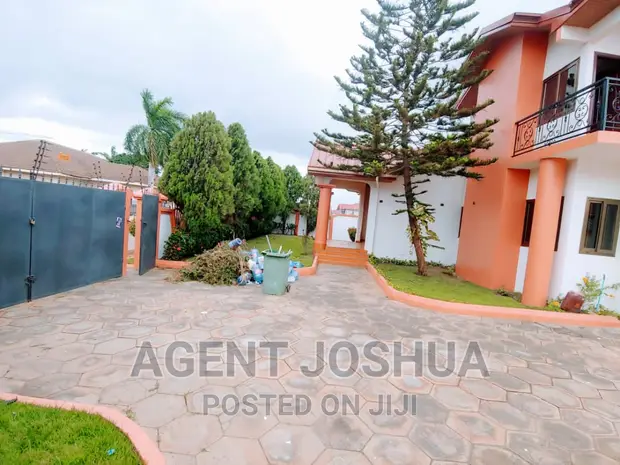By Leo Nelson
In Ghana’s rental housing market, the presence of self-styled agents has become a defining feature of the search for accommodation. Once peripheral players, these individuals have steadily grown into central figures, particularly in urban areas where demand for housing far exceeds supply.
The rise of real estate agents and agencies is closely tied to the liberalization of Ghana’s economy in the mid-1980s through the 1990s. Prior to this period, the housing sector was largely dominated by the state. The State Housing Company (SHC), backed by legislation such as the Rent Act of 1963 (Act 220), held the primary mandate for public housing provision. Private agency involvement was minimal, and intermediaries played a limited role.
With economic reforms, population growth, and expanding urbanization, the demand for housing began to outstrip the government’s capacity to provide it. In the years that followed, private players stepped in to fill the gap. Real estate agencies emerged, and individuals began working independently as agents, connecting property owners to potential tenants and buyers.
Some observers say agents have helped simplify the housing search, especially for migrants and first-time renters unfamiliar with city layouts or pricing. Many agents have access to multiple listings across various neighborhoods, and in some cases, their involvement has helped reduce instances where landlords collect payments from multiple tenants for the same property.
However, the rapid growth of this informal sub-sector has introduced significant challenges, particularly regarding cost, pricing practices, and lack of regulation. A common feature of agent-client interactions is the upfront “registration” or “viewing” fee, often ranging between GHS 150 and GHS 200. This fee is paid before a property is shown, and it is typically non-refundable, regardless of whether the property is accepted or even suitable.
In addition to the registration fee, agents typically charge a commission of 10 percent on the total rent value once a tenant decides to proceed. For multi-year lease agreements, this commission can amount to several hundred or even thousands of cedis. In the absence of standard pricing guidelines, there are frequent reports of agents quoting prices based more on perceived neighborhood prestige than on objective property valuation.
There are also concerns about accountability. Many agents operate informally, without business registration or certification. While the Ghana Real Estate Agency Council exists to provide oversight, its reach does not currently extend to most players in the lower-income rental segment, where informal transactions dominate. The result is a market where fake listings, overlapping property claims, and outright fraud continue to affect tenants.
In some cases, agents advertise properties they do not manage, or collect payments for listings that are no longer available. Others operate solely through social media, offering no physical office location or verifiable contact after initial engagement. Platforms such as WhatsApp and Facebook have become common channels for these transactions, adding convenience but also removing layers of traceability.
Landlords also play a role in sustaining this model. Many prefer to outsource property management and client interactions to agents, especially when they own multiple properties or are based outside the community. While this arrangement streamlines their workload, it also places renters entirely in the hands of middlemen, often without clear oversight.
The Ghanaian real estate sector continues to evolve, but analysts point to regulatory and legislative gaps that have yet to be addressed. Laws such as the Rent Act of 1963 are still in effect, but many are viewed as outdated in light of modern market realities. Calls for reform have grown, particularly around standardizing pricing, licensing agents, and improving consumer protections in the rental space.
Some digital platforms, such as Jiji, Meqasa and Tonaton, have introduced more transparent listing systems, with verified properties and user ratings. These services, however, tend to cater to higher-end or corporate markets, while the majority of low-to-middle income renters continue to rely on informal networks and word-of-mouth referrals.
Until a more structured framework is widely adopted and enforced, the use of agents, with all their associated costs, remains a key part of the housing experience in Ghana.
For many tenants, working through an agent is not always a matter of choice, but necessity in a rental market where information is fragmented, and supply remains tight.


